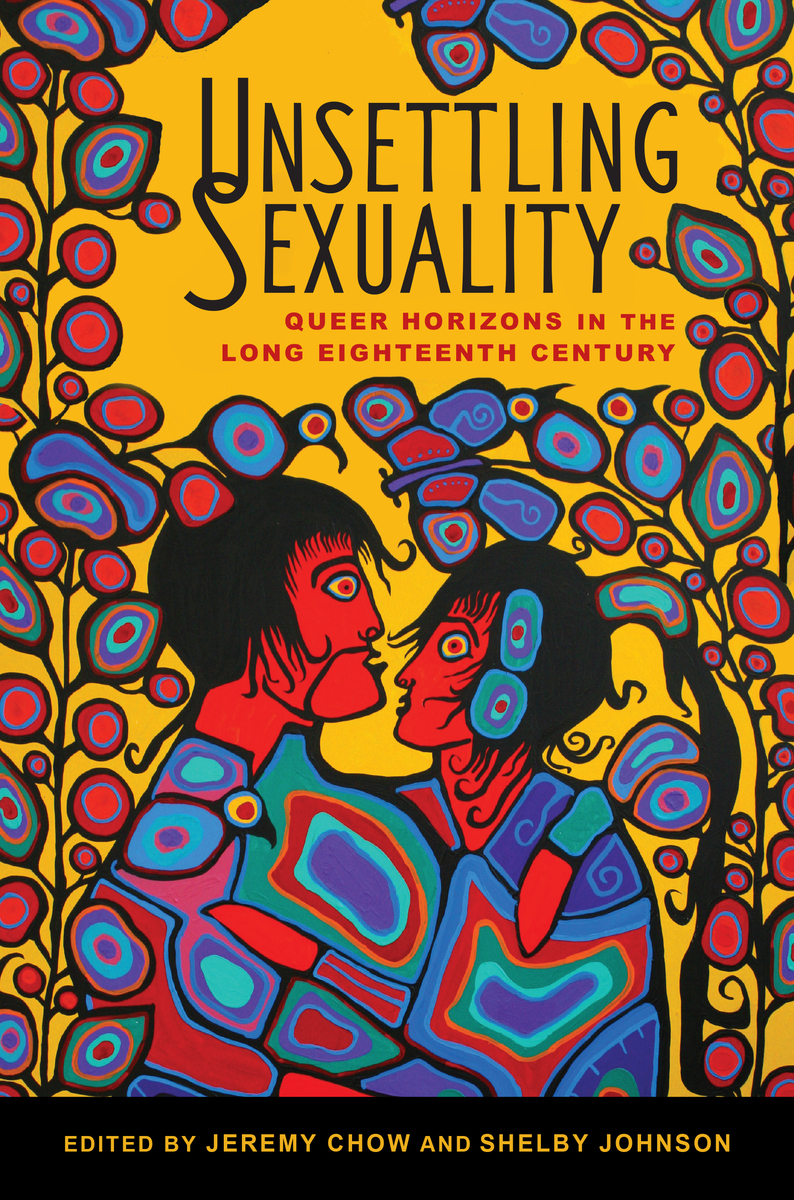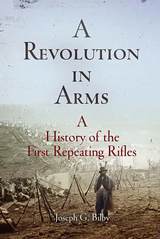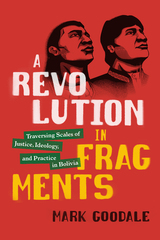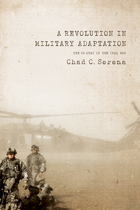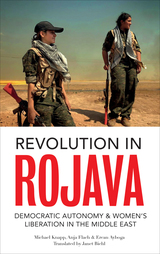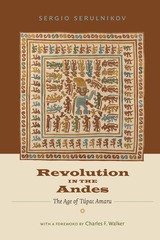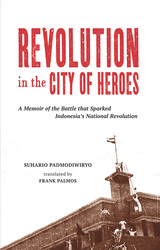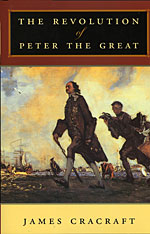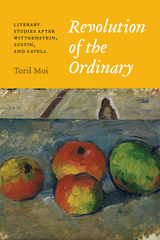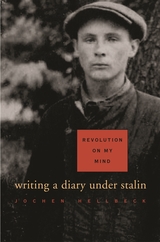Unsettling Sexuality: Queer Horizons in the Long Eighteenth Century
University of Delaware Press, 2025
Paper: 978-1-64453-348-2 | Cloth: 978-1-64453-349-9 | eISBN: 978-1-64453-350-5
See other books on: 18th Century | Chow, Jeremy | Indigenous Studies | Long Eighteenth Century | Middle Eastern Studies
See other titles from University of Delaware Press
Paper: 978-1-64453-348-2 | Cloth: 978-1-64453-349-9 | eISBN: 978-1-64453-350-5
ABOUT THIS BOOK | AUTHOR BIOGRAPHY | TOC
ABOUT THIS BOOK
Unsettling Sexuality: Queer Horizons in the Long Eighteenth Century challenges the traditional ways that scholarship has approached sexuality, gender nonconformity, and sex (as well as its absence) in the long eighteenth century. Drawing from recent and emerging criticisms in Middle-Eastern and Asian studies, Black studies, and Native American and Indigenous studies, the collected authors perform intersectional queer readings, reimagine queer historiographic methods, and spearhead new citational models that can invigorate the field. Contributors read with and against diverse European, transatlantic, and global archives to explore mutually informative frameworks of gender, sexuality, race, indigeneity, ability, and class. In charting multidirectional queer horizons, this collection locates new prospective desires and intimacies in the literature, culture, and media of the period to imagine new directions and simultaneously unsettle eighteenth-century studies.
See other books on: 18th Century | Chow, Jeremy | Indigenous Studies | Long Eighteenth Century | Middle Eastern Studies
See other titles from University of Delaware Press
